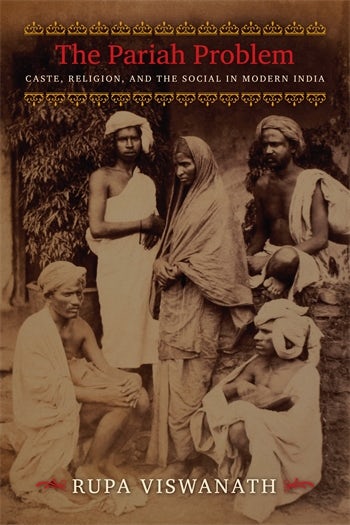Berber?
That was more than two decades ago, when Wikipedia hadn't been invented. Those were the dark ancient history years. In the absence of Google and Wiki, we men freely bullshitted and mansplained even when we didn't know a damn thing. But, Berber carpet?
Fast forward a few years. It is now a different geography, and life is in an era in which Google is not merely a brand name but when "go google yourself" is even the name of a racehorse!
We came to know a woman from Morocco. An Amazigh, she said.
Amazigh?
We know her and her people by the other name--Berbers. She explained that "Berbers" is an awful name that means "barbarians."
Wiki offers more on this:
The term Berber is a variation of the Greek original word barbaros ("barbarian"), earlier in history applied by Romans specifically to their northern hostile neighbors from Germania (modern Germany) and Celts, Iberians, Gauls, Goths and Thracians. The variation is a French one when spelled Berbère and English when spelled Berber. The term appeared first in the 4th century in the religious conflicts between Saint Augustine, a Numidian Berber-Roman bishop of the Catholic faith, and the Berber Donatists who were allies of the Barbarian Vandals. The Vandals migrated from Iberia (modern Spain and Portugal) where they were assailed by the Gauls allied to the Romans, and settled west of the Roman city of Carthage (in modern Tunisia) in the highlands (in modern Algeria).Hence, the self-designation of Amazigh.
We thanked the visiting Moroccan for the explanation and the education.
A few months ago, I emailed her after reading this essay. I wrote:
Until I met you, I hadn't known the word Amazigh. And today I understand that "the name usually comes with the fanciful but evocative explanation that it is a translation of ‘free men’." What a profound idea of "free men." (Though, I suppose the traditional "men" literally meant only men?)The white man went to India, too, and the world now uses the word pariah. As a Tamil, it bothers me every single time I hear or read that word. I have referred to this in a few posts in the past. I wrote in this post:
The essay introduces me to so many new names and ideas that it is tough for me to keep track of everything there. But, one thing is clear: It is yet another piece of evidence on how European colonization messed up so many aspects of life all over the world! Oh well ...
The word "pariah" of course coming from the Subcontinent. A word that in its usage in the old country that is as awful as the "n"-word in this culture.But, the widespread usage means that one cannot expect that word to be withdrawn from circulation. Which is why I thought that maybe we simply ought to own that word and celebrate how a word that was uttered in the old caste system has been internationally mainstreamed with users not even knowing anything about the origin of the word.
Such is life in this modern world that the white man has remade in his own image!
 |
| Source |
No comments:
Post a Comment